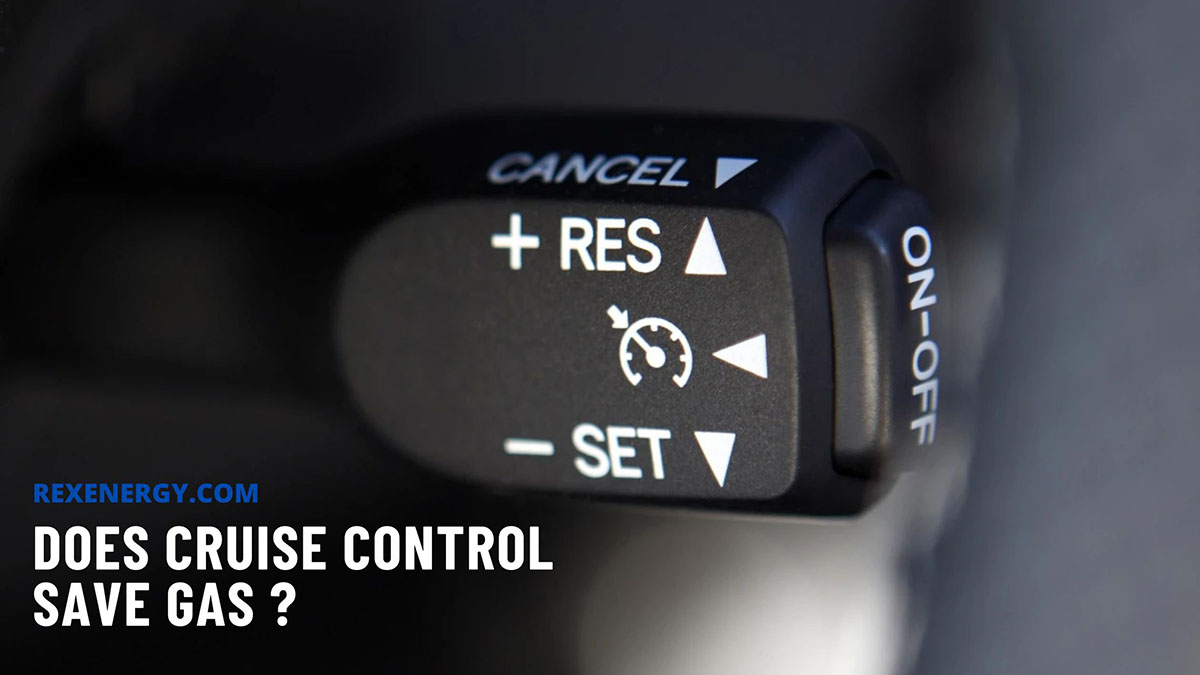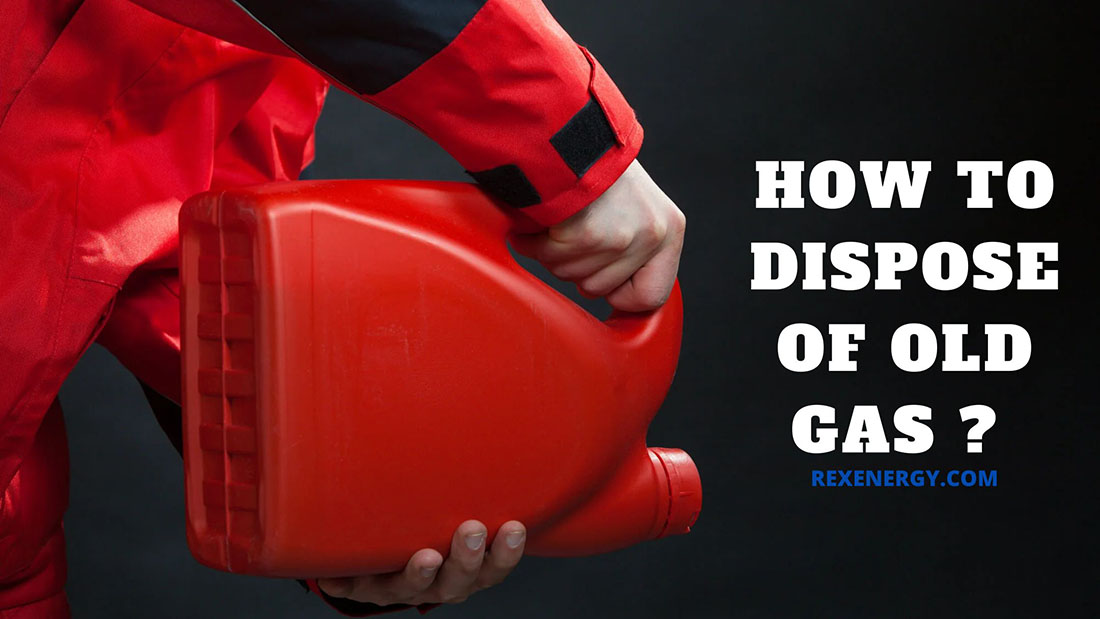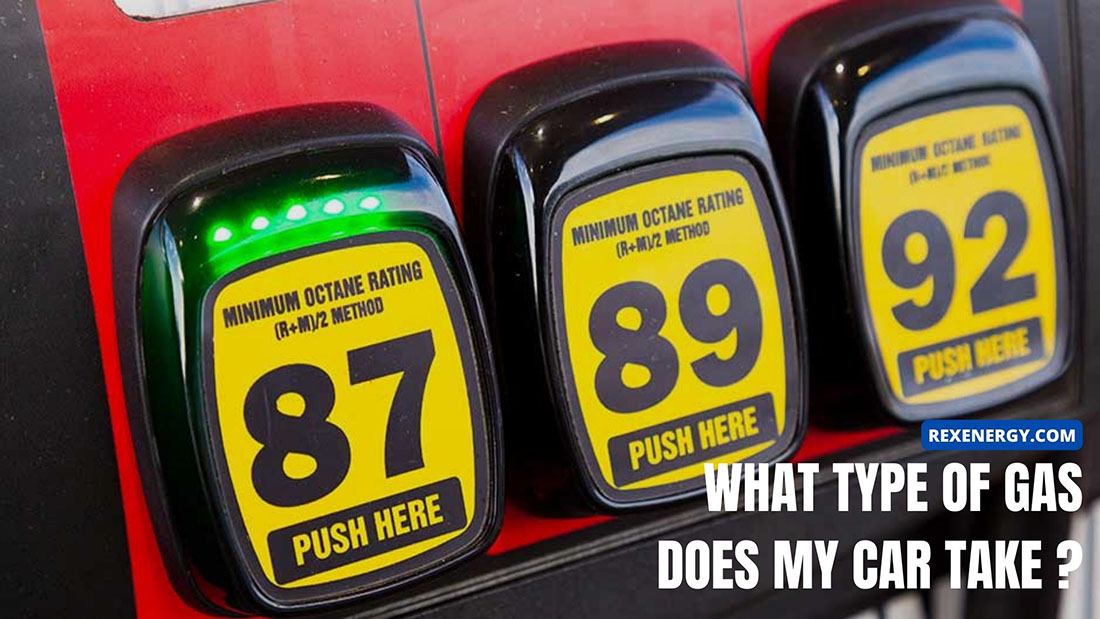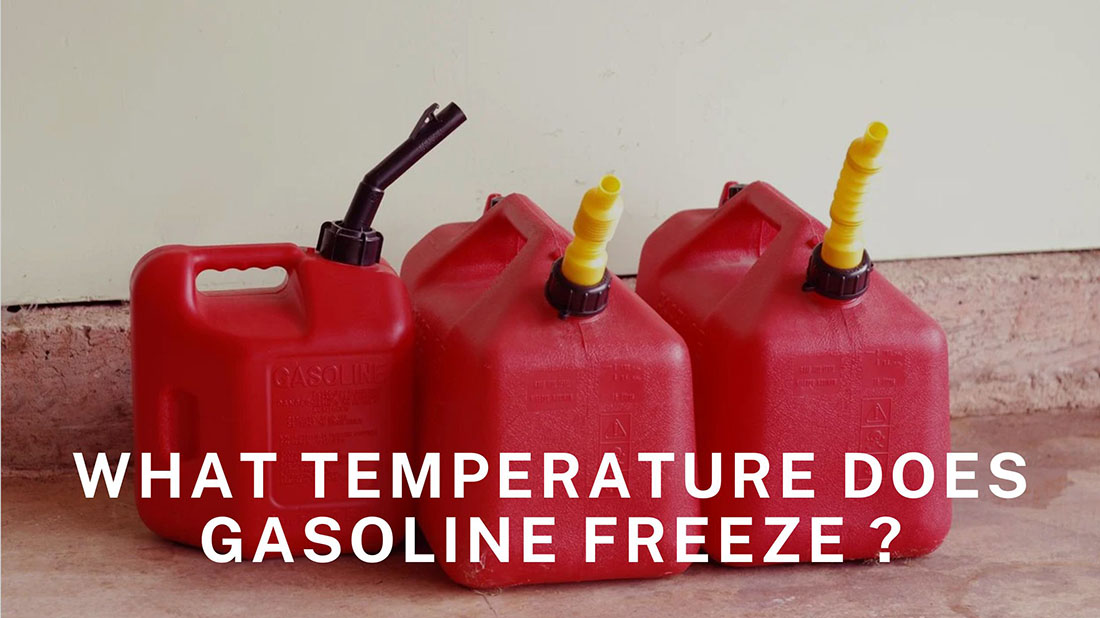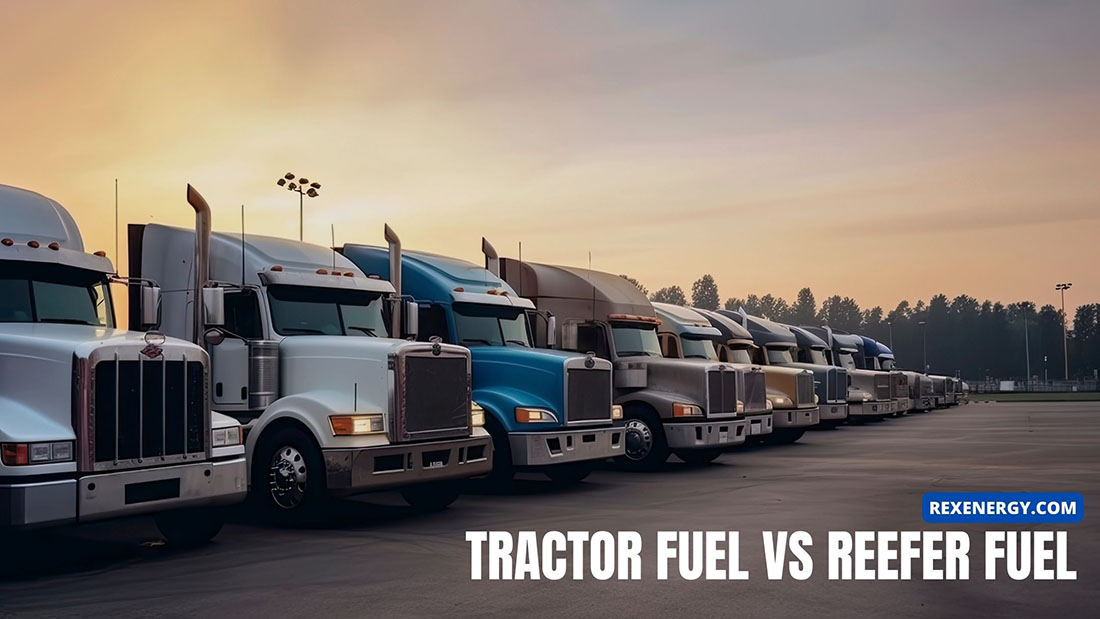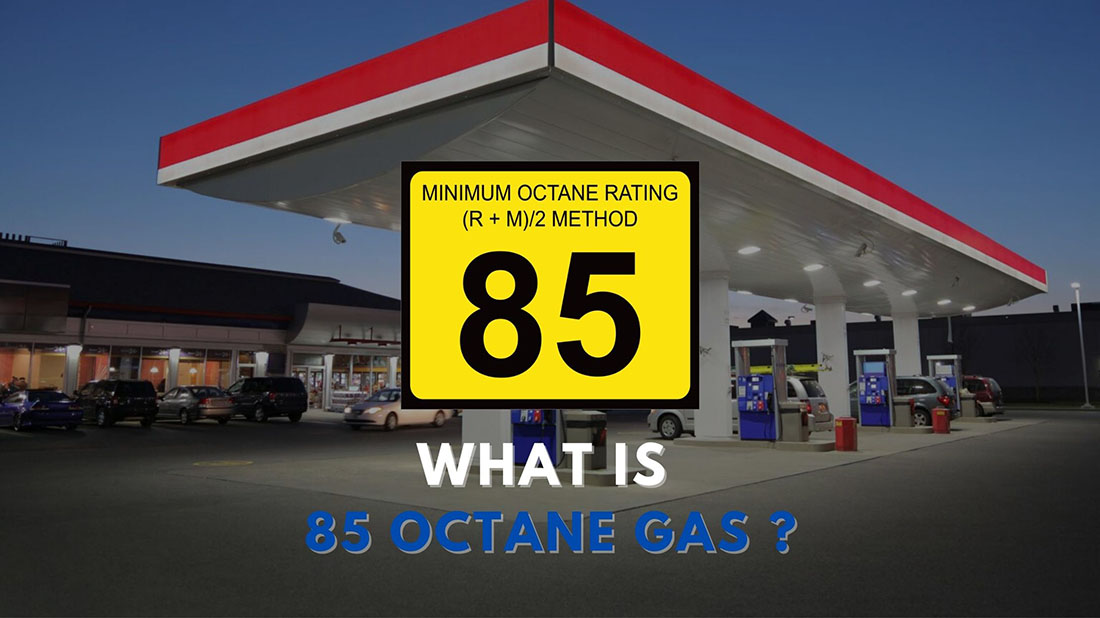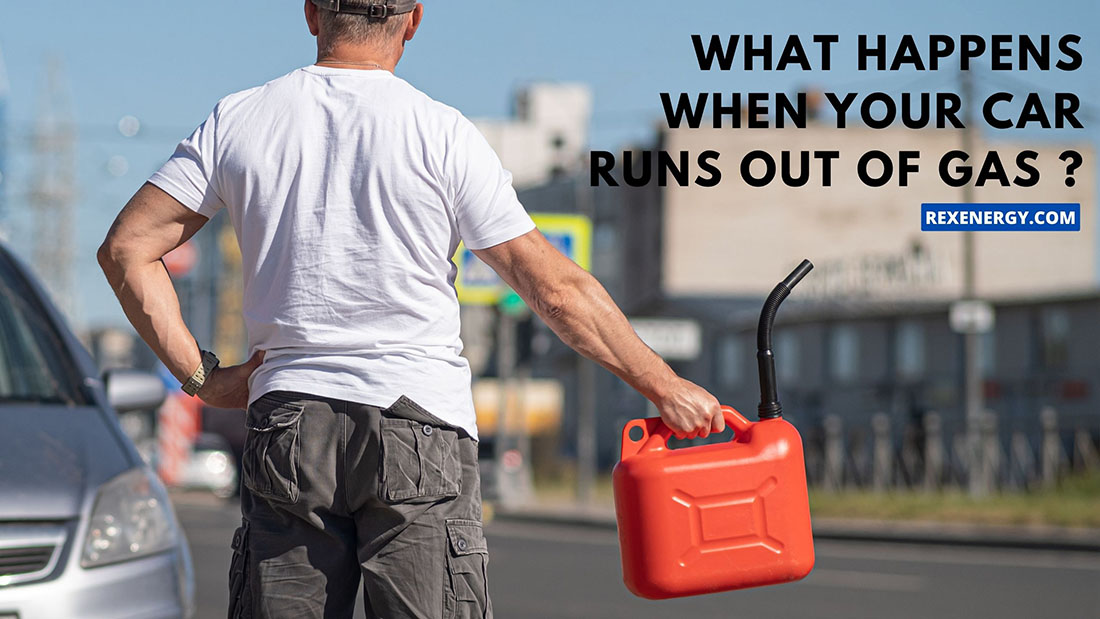Is cruise control more fuel efficient? As drivers seek ways to optimize their fuel consumption, we delve into the science behind cruise control’s impact on gas mileage. Let’s explore the facts to determine if this widely-used feature is indeed a fuel-saving hero.
Does Cruise Control Use More Fuel?
Cruise control can save 14% on fuel on highways and 7% on gas on city streets. When you engage on relatively flat and open roads, it maintains a constant speed. This stability can lead to improved fuel economy by reducing rapid fuel consumption associated with frequent speed changes.
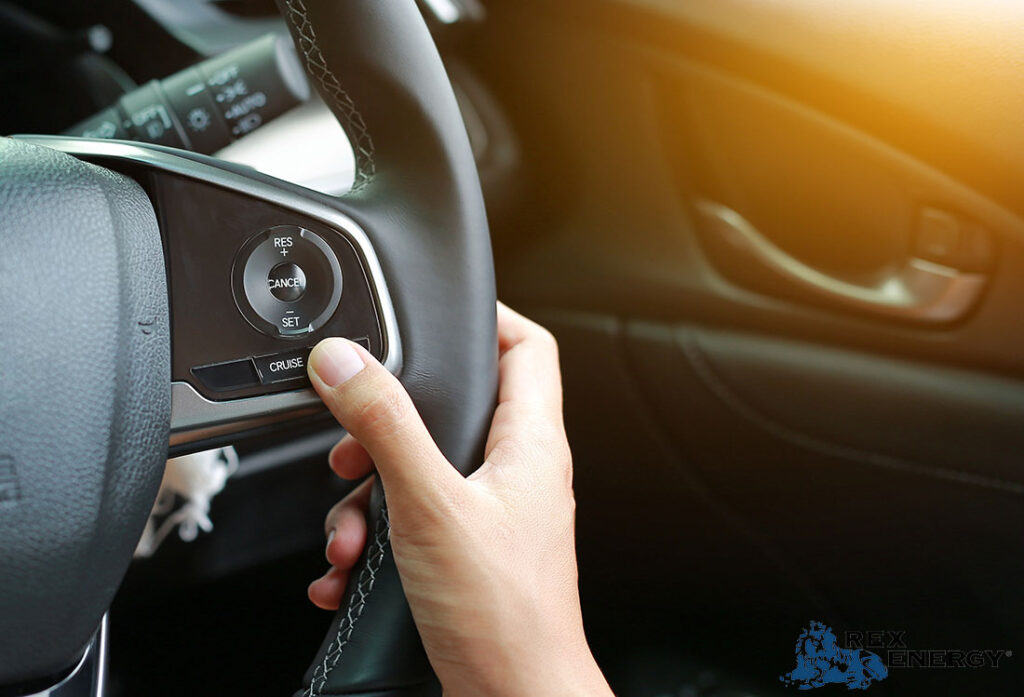
Additionally, the cruise control system is often designed to operate more efficiently than an average driver, making subtle adjustments to optimize fuel use. However, its effectiveness can diminish in hilly terrains or congested traffic, where the system may need to overcompensate, potentially negating the fuel-saving benefits.
Other Benefits Of Cruise Control Function
Here are some added advantages that cruise control brings.
Reduce Fatigue
While fatigue reduction is a widely acknowledged benefit, it’s crucial to emphasize its impact on overall safety. By maintaining a consistent speed, cruise control minimizes the physical strain on drivers during long journeys, allowing for a more relaxed and alert driving experience.
Enhance Sustainability
Cruise control contributes to sustainable driving habits by promoting fuel efficiency. By maintaining a steady speed, the system optimizes fuel consumption, reducing the overall carbon footprint of the vehicle. This will benefit the environment in the long run.
Help Avoid Getting Speeding Tickets
Cruise control acts as a built-in speed regulator, automatically maintaining the selected speed without exceeding the set limit. This feature can be a valuable ally in helping drivers avoid unintentional speeding, ultimately reducing the risk of getting speeding tickets and the associated fines.
When To Use Your Cruise Control
Effectively using cruise control can enhance your driving experience and fuel efficiency. Cruise control is most beneficial when you can maintain a consistent speed without the need for frequent braking or acceleration. Here are the times you should use this practical feature.
- Long, straight roads: Cruise control excels on extended, straight roads where consistent speed is feasible. This feature minimizes fatigue and contributes to fuel efficiency.
- Moderate traffic: On highways with mild traffic conditions and predictable flow, cruise control can help you maintain a consistent driving speed without the need for frequent acceleration and braking.
- Open highways: When the road is wide open with minimal interruptions, cruise control prevents unintentional speeding and offers a more relaxed driving experience.
When Not To Use Your Cruise Control
As beneficial as it is, this feature is not meant to be used all the time. You should not apply it in situations requiring more immediate control over speed and braking.
- Heavy traffic: In congested traffic situations, cruise control is not advisable. It’s essential to maintain awareness and have quick access to braking capabilities.
- Adverse weather: Rain, snow, and ice can make roads unpredictable. Disengage cruise control to ensure you have immediate control over your current vehicle in changing conditions.
- Hilly or winding roads: Cruise control struggles on hilly or winding terrains. These situations require constant speed adjustments and quick braking, making manual control crucial.
- City streets with many corners: In urban settings with frequent turns, stops, starts, and variable speeds, cruise control may not be practical. Manual control allows you to adapt to the dynamic traffic environment.
Tips To Save Fuel When Driving
Besides using cruise control, you can also apply the following tips to save fuel.
- Moderate speeds: Maintain average speeds, as fuel efficiency often drops significantly at highway speeds.
- Limit aggressive driving: Avoid aggressive driving habits like rapid acceleration and sharp braking, as they can dramatically impact fuel efficiency.
- Engine warm-up: Avoid prolonged idling for engine warm-up; modern engines are designed to warm up more efficiently while driving.
- Avoid excessive idling: Turn off the engine if you anticipate a long wait, as idling consumes fuel.
- Use overdrive gears: When applicable, use overdrive gears to reduce engine speed and improve fuel efficiency on the highway.
- Choose the right fuel: Use the recommended fuel for your vehicle; using premium gas in a car designed for regular unleaded fuel may not provide additional benefits.
- Aerodynamic considerations: Keep windows closed at higher speeds to reduce aerodynamic drag, and remove roof racks when not in use to improve fuel efficiency.
Frequently Asked Questions
Is Cruise Control Bad For Your Car?
Cruise control is generally good for your engine when used appropriately. It maintains a steady speed, reducing strain and enhancing fuel efficiency. However, avoid using it in hilly terrains or heavy traffic, as constant speed adjustments may lead to increased engine stress and decreased overall efficiency.
Does Cruise Control Use More Battery?
No, the cruise control feature typically does not significantly impact the vehicle’s battery. It primarily relies on the engine’s power, and its electrical consumption is minimal. However, using other electrical features, like air conditioning, while cruise control is engaged may marginally contribute to battery usage.
The Bottom Line
While the effectiveness of cruise control varies, utilizing it judiciously in appropriate conditions can contribute to gas savings. Understanding the nuanced role of this feature empowers drivers in the quest for both efficiency and a smoother, controlled driving experience.

